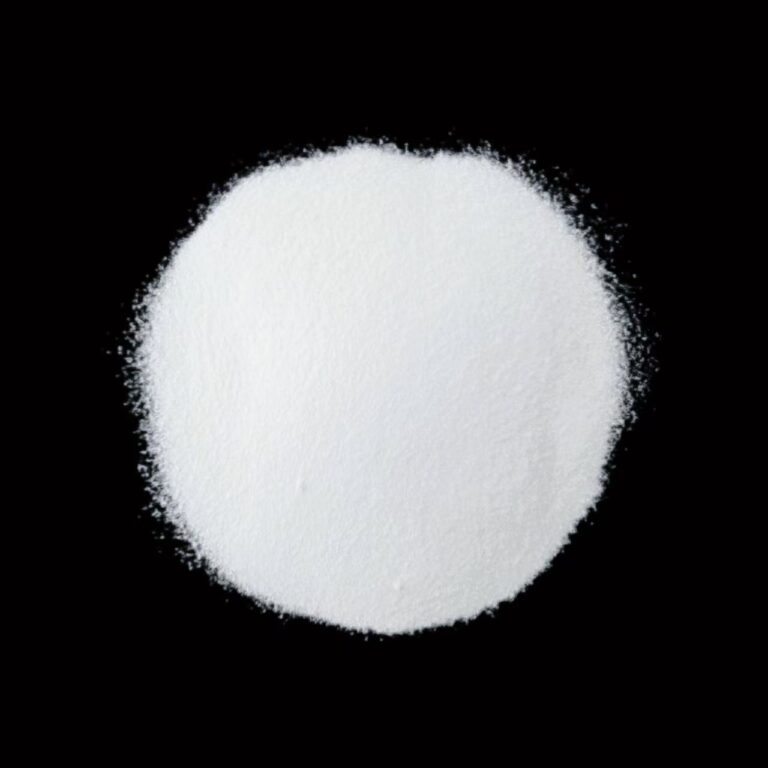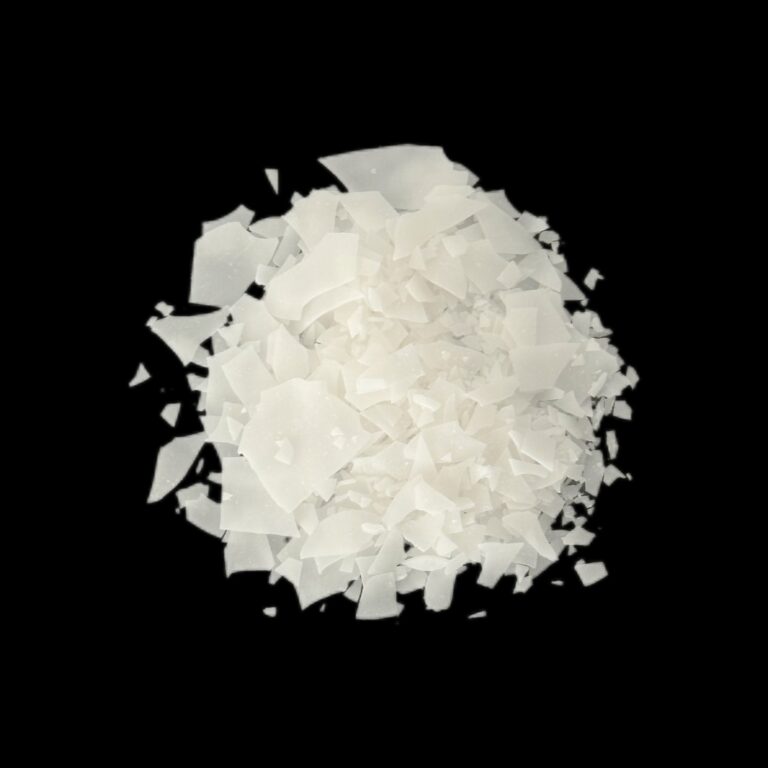Introduction: Identifying the Crux of Failure
Industry reports show alarming failure rates of up to 40% in oleochemical production scenarios—is your solution truly reliable? When it comes to oleochemical manufacturers, the stakes are incredibly high. The complexities involved in creating industrial oleochemical products can lead to significant setbacks if not managed appropriately. These failures can arise from outdated technology, insufficient quality control, and improper materials selection, challenging manufacturers to stay competitive while ensuring quality and efficiency.

Traditional Solutions: Flaws that Hampers Progress
Traditional manufacturing methods have often relied on time-consuming processes with limited adaptability. Many oleochemical manufacturers face challenges such as inconsistent product quality and long lead times. These shortcomings result in not only financial losses but also hinder innovation within the industry. Additionally, market demand for sustainable and biodegradable products is rising, making it imperative for manufacturers to adapt—yet they often find themselves trapped in outdated methodologies that do not support such transitions.
New Technological Principles: A Shift Towards Efficiency
Emerging technologies, such as advanced bioprocessing and sustainable industrial practices, are reshaping the landscape. These new principles enhance biocompatibility and reduce waste, ensuring that products are not only effective but environmentally friendly. By integrating such technologies, oleochemical manufacturers can reduce production costs and improve efficiency. Did you know that implementing cutting-edge systems can increase yield by as much as 30%? This isn’t just a trend—it’s a necessity in today’s fast-paced market.
Benefits Quantified: What Does it Mean for Users?
The quantified user benefits are compelling—reduced operational costs, higher product quality, and increased market responsiveness. Manufacturers adopting these new technologies witness enhanced productivity and an ability to pivot quickly in response to shifting market dynamics. According to industry studies, companies that leverage updated methodologies are 60% more likely to meet consumer demands effectively. Look, it’s simpler than you think! Embracing innovation in oleochemical production fosters resilience and long-term success.
Conclusion: Evaluate Before You Invest
When it comes to selecting the right manufacturing solutions, it is imperative to always verify these 3 metrics: ① Cost-effectiveness, ② Technological adaptability, and ③ Product quality consistency. Ensuring these factors align with modern standards allows oleochemical manufacturers to thrive. The future of industrial oleochemical products relies on not just keeping up with trends but actively seeking the right practices that foster growth and sustainability.
Furthermore, industrial oleochemical products play a vital role across various applications, including personal care, nutrition, and biofuels. This versatility demonstrates the inherent importance of ensuring quality and innovation in manufacturing practices. As the industry evolves, manufacturers must stay informed about new trends and technologies to secure their spot in a competitive marketplace. By continuously improving and adapting to market demands, oleochemical manufacturers can ensure their products remain relevant and in high demand. The commitment to quality, sustainability, and efficiency cannot be understated when discussing industrial oleochemical products.

In light of this discussion, Zanyu emerges as a leading brand whose commitment to excellence provides distinct supply advantages. With a strong reputation in the industry, Zanyu focuses on utilizing advanced technologies and practices to deliver exceptional industrial oleochemical products. This not only ensures high-quality output but also aligns with sustainability goals, reflecting the industry’s shift towards greener practices. For those seeking reliable and efficient solutions, looking towards a reputable manufacturer like Zanyu can help ensure your production remains at the forefront of the evolving oleochemical landscape.